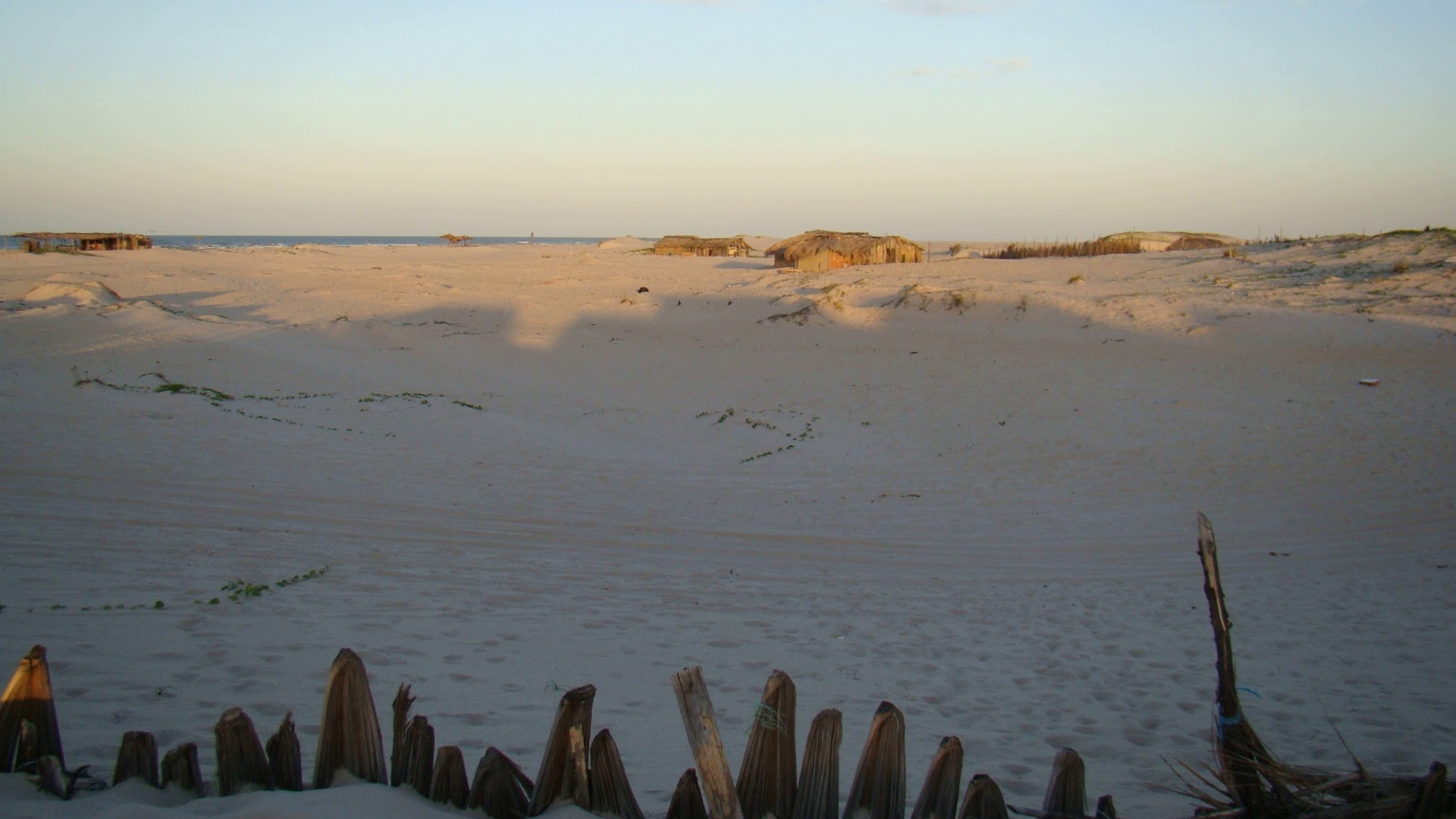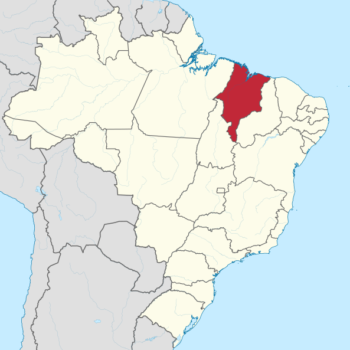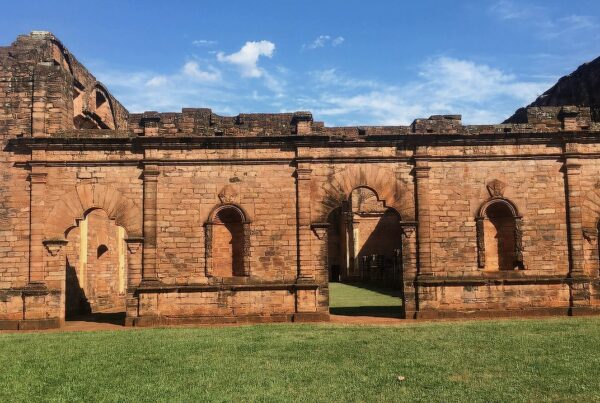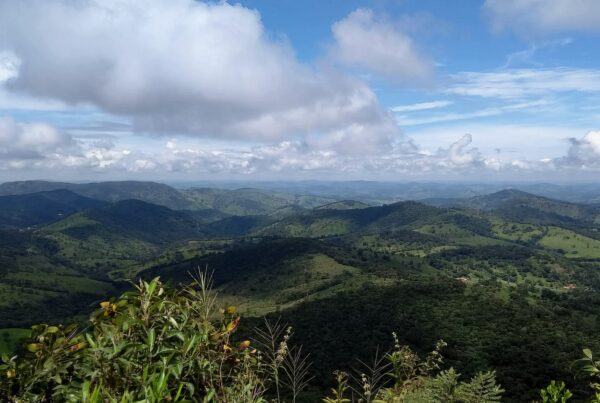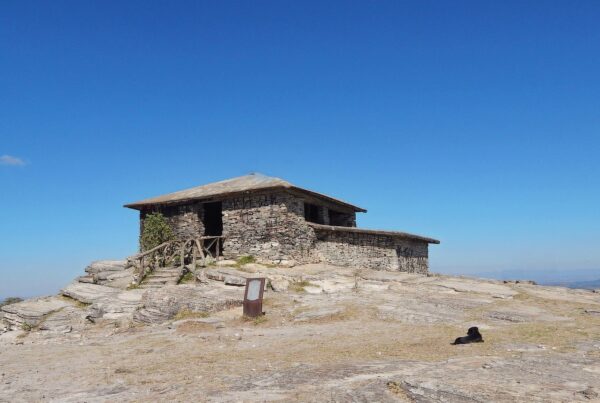Maranhão is a state located in the northeastern region of Brazil, known for its captivating blend of natural beauty, cultural diversity, and historical significance. The state capital, São Luís, is a UNESCO World Heritage Site celebrated for its well-preserved colonial architecture, featuring pastel-colored buildings and intricate azulejo tiles. Maranhão’s colonial heritage is rooted in its history as a French and Dutch settlement before becoming a Portuguese colony. The city’s historic center, with its winding streets and charming squares, offers a glimpse into Brazil’s colonial past. Additionally, the state’s coastline includes pristine beaches, tranquil lagoons, and unique sand dunes, particularly in the region of Lençóis Maranhenses, where vast, rolling sand dunes stretch as far as the eye can see, dotted with crystal-clear freshwater lagoons.
Maranhão’s cultural tapestry is rich and diverse, influenced by indigenous, African, and European heritage. The state is known for its vibrant Afro-Brazilian traditions, such as Bumba Meu Boi, a lively folk festival with colorful costumes, music, and dance. The local cuisine features dishes like arroz de cuxá and the famous maranhense dish, moqueca, a savory seafood stew. With its unique blend of natural wonders, historical treasures, and cultural vibrancy, Maranhão offers an enriching and multifaceted experience for those who explore its diverse landscapes and traditions.

